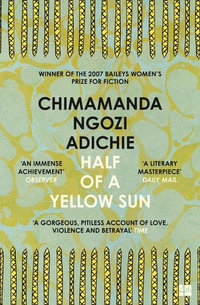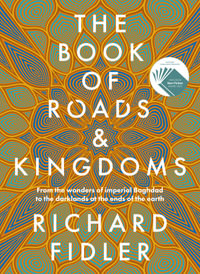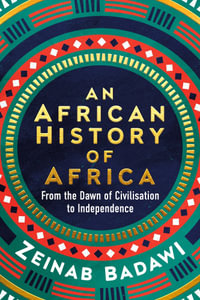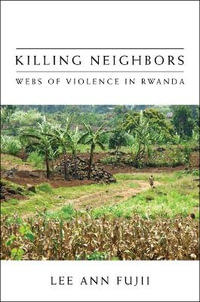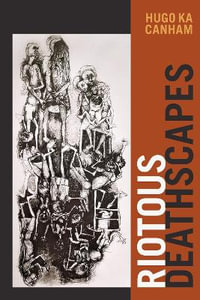Winner of the James Harvey Robinson Prize from the American Historical Association--and widely acclaimed by educators and students--Abina and the Important Men, Second Edition, is a compelling and powerfully illustrated "graphic history" based on an 1876 court transcript of a West African woman named Abina, who was wrongfully enslaved and took her case to court. The book is a microhistory that does much more than simply depict an event in the past; it uses the power of illustration to convey important themes in world history and to reveal the processes by which history is made.
The story of Abina Mansah--a woman "without history" who was wrongfully enslaved, escaped to British-controlled territory, and then took her former master to court--takes place in the complex world of the Gold Coast at the onset of late nineteenth-century colonialism. Slavery becomes a contested ground, as cultural practices collide with an emerging wage economy and British officials turn a blind eye to the presence of underpaid domestic workers in the households of African merchants. The main scenes of the story take place in the courtroom, where Abina strives to convince a series of "important men"--a British judge, two Euro-African attorneys, and a jury of local leaders--that her experiences and perceptions matter. "Am I free?" Abina inquires. Throughout both the court case and the flashbacks that dramatically depict her life in servitude, both the defendants and members of the court strive to "silence" Abina and to impose their own understandings and meanings upon her.
Following the graphic history in Part I, Parts II-V provide detailed historical context for the story, a reading guide that reconstructs and deconstructs the methods used to interpret the story, and strategies for using Abina in various classroom settings.
This second edition features a new gender-rich section, Part V: Engaging Abina, which explores Abina's life and narrative as a woman. Focusing on such important themes as the relationship between slavery and gender in pre-colonial Akan society, the role of marriage in Abina's experience, colonial paternalism, and the meaning of cloth and beads in her story, this section also includes a debate on whether or not Abina was a slave, with contributions by three award-winning scholars--Antoinette Burton, Sandra Greene, and Kwasi Konadu--each working from different perspectives. The second edition includes new, additional testimony that was rediscovered in the National Archives of Ghana, which is also reflected in the graphic history section.
Industry Reviews
"Weaving together a court transcript from 1876 and Abina's story before the trial within a broader context of gender, colonialism, and world history, the book shares historical evidence as well as interpretation to present a powerful tool for teaching history and teaching about history."--The American Historical Association
"Abina and the Important Men is a tremendous step forward for the world-history community."--Journal of World History
"This is an important book that takes history into the public domain in a very accessible form."--Journal of African History
"Getz and Clarke have produced a text of historiographical and pedagogical significance. They illustrate with elegance and conviction the importance and potential of forging new interdisciplinary approaches."--Journal of Women's History
"Although ultimately unsuccessful in her lawsuit, the intrepid character of Abina shines through in every panel, incarnating a very different kind of colonized African woman, one that threatens to replace the historian's standard for the representative with the novelist's ideal for the exceptional. By the end, Abina voices one of the conceits of the entire project: not to exert a retrospective and largely empty expression of sympathy for those wounded in the
traumatic past, but to allow their stories to be heard."--Biography
"Abina and the Important Men emphasizes the agency of ordinary individuals and the processes by which obscure voices are silenced in historical records. Getz and Clarke's auto-criticism actually bolsters confidence in their interpretations, while providing a most instructive example of how historians recapture the past."--Choice
"The second edition of Abina's story presents a powerful human struggle paired with an engaging, honest example of historical inquiry in the form of questions and debates. It is accessible for students and provocative for readers at all levels."--Laura J. Mitchell, University of California, Irvine
"The juxtaposition of multiple historical accounts from graphic history (a secondary source) to the court case transcript (a primary source) enables multiple classroom conversations about historical presentation. The graphic history concludes with a twenty-first century historian (Dr. Getz) discovering Abina's court case. The delightful inclusion of the researcher as a key 'character' in a textbook helps stress a key pedagogical point: it often takes new
research interests to recover 'lost' lives, such as Abina's. Such emphasis makes the book an ideal text for introductory level history students. It is also one that will be of interest to students thinking
ahead to their own careers using history degrees. Abina is a work that has something for many students."-- Andrea Felber Seligman, City College of New York, in World History Connected

